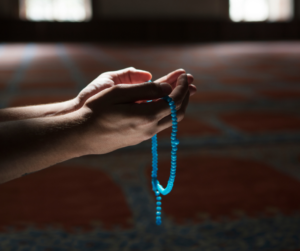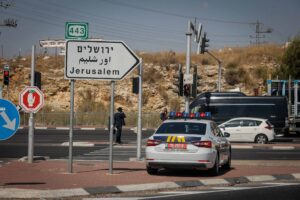
Scores of shacks are destroyed by fires every day in SA. Just a few weeks ago in Durban, the Kennedy Road settlement was hit by fire yet again.
By Imraan Buccus
Fires in this settlement go back a long way. In October 2005, one-year-old Mhlengi Khumalo died in a fire. Close to a year later, Zithulele Dhlomo also died in a fire, killed when the plastic sheeting that was the roof of his shack melted. The records of tragedy go on and on.
In a report compiled by organisation Abahlali baseMjondolo, Zodwa Nsibande gave a sense of the horror she has endured:
“I manage to escape the fire. I was burnt severely, treated for almost six months in hospital. I was cooking with a gas stove. The stove just burst and flames came to me and encountered the bed linen. I managed to escape from the house while my mother was trying to put out the fire. I started going to the Addington Hospital. They operated on me for one day and I came back. After two months, I went to a private hospital for skin surgery. I was severely burned on my arms and legs and on my face.”

There is no doubt that shack dwellers have often been given the short end of the stick in their attempt to carve out an existence on the fringes of the cities. Despite this, one often hears middle-class citizens talking about how frustrated they are “with these people constantly protesting”. The poor are often spoken about in truly derogatory ways. Middle-class people often express prejudices that sound like they come straight from a colonial script.
If tragedies like this had happened in the US, South Africans would be taking to social media in their thousands to express their outrage. If it had happened in Palestine, protests would have been organised outside the Israeli embassy. But, as a society, we place very little value on the lives of poor black people. In fact, there is a very long list of poor black people who have been killed by fires and by police in protests in recent years. This list is in the public domain but outside of a few activist circles it is not generally noticed very much, let alone considered as what it is – a deep crisis.
South Africa is a largely urban country and is becoming rapidly more urbanised. For most people, cities are sites of opportunity. The apartheid state could not stop urbanisation and the post-apartheid state will not be able to stop it either. It is a global feature of modern life and something that governments should support rather than try to repress. The state has failed to manage this process in an effective and human rights-based manner.
Poor people’s basic life strategies have been criminalised and their organisations have also been criminalised. It is time to open our cities, to allocate land on the basis of social need rather than profit, and to accept that poor people’s organisations should, just like the residents’ organisations that represent middle-class people, be able to participate in all governance structures. If we remain on the path of criminalising poverty, the only outcome will be more social discontent, more protests and, at the end of the day, more violence.

The city heads need to understand that the future is a city with shacks. As the Abahlali report reiterates, every settlement needs taps, hoses and fire extinguishers immediately. Shacks need to be electrified and the poor need to receive good, efficient services like everyone else.
We need to build a society in which people will have no need to block roads in protest; government officials should always be available to address issues that may arise. We need to build a society in which it would be unthinkable that the police would hurl a teargas canister into a community in which families were going about their everyday business. We need to build a democratic and socialist future. DM168


